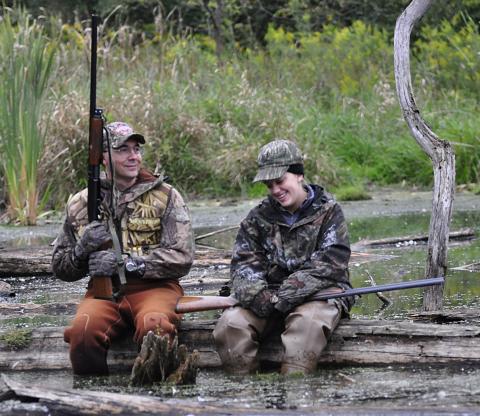Assistance in West Virginia
Contact the West Virginia Division of Natural Resources for a list of licensed Animal Damage Control agents in your area who can assist with animal removal, damage, damage prevention, and clean up. Be aware that they charge for their services. Your local Division of Natural Resources office can provide guidance regarding nuisance wildlife. They can also provide you with a permit to remove or destroy certain animals, and advice on how to do so, if it is necessary or desirable for you to trap or shoot animals yourself. Federally protected species require additional permits as noted if necessary.
West Virginia Division of Natural Resources district offices:
District 1 Farmington 304 825-6787
District 2 Romney 304 822-3551
District 3 French Creek 304 924-6211
District 4 Beckely 304 256-6947
District 5 Alum Creek 304 756-1023
District 6 Parkersburg 304 420-4550
Op Center Elkins 304 637-0245
Trapped animals must be humanely dispatched. They may not be relocated without prior approval from West Virginia Division of Natural Resources.

